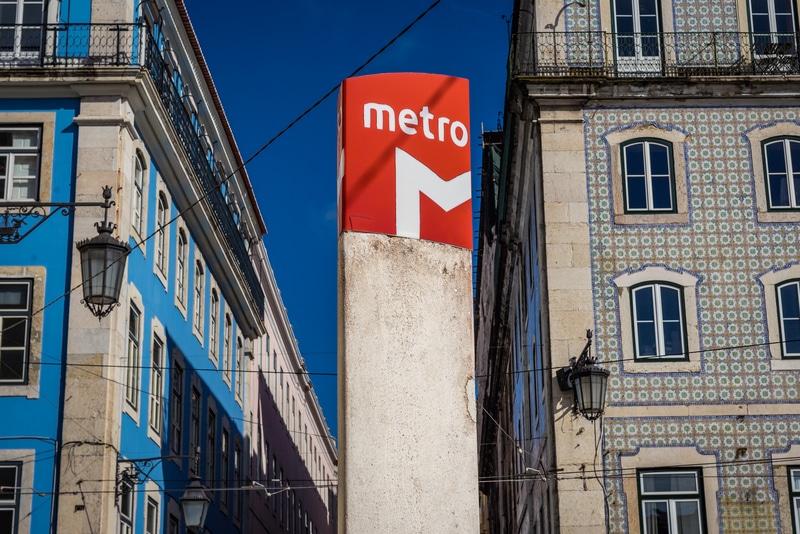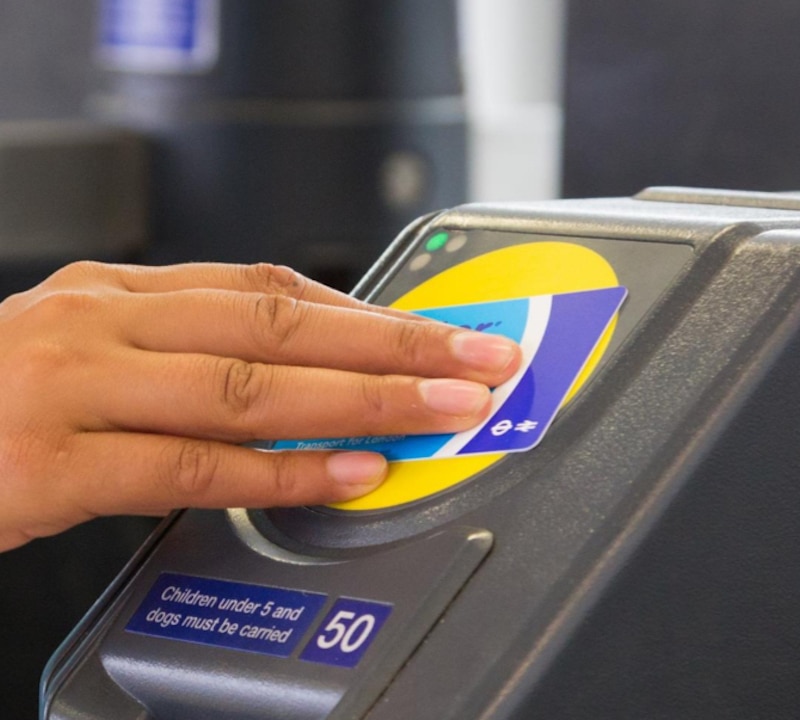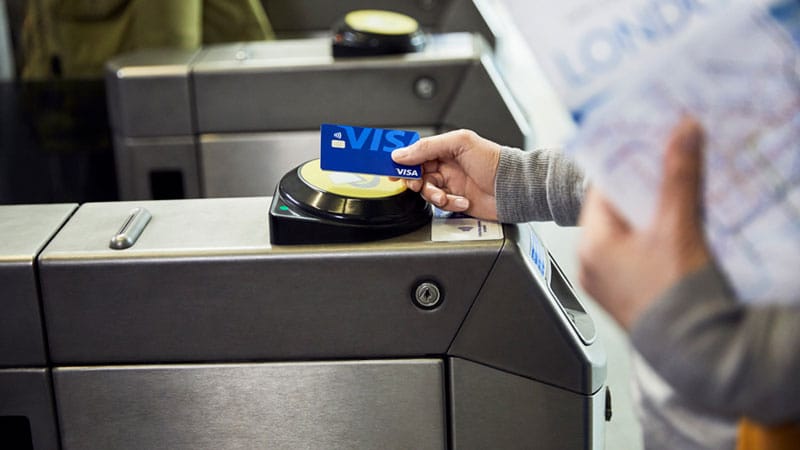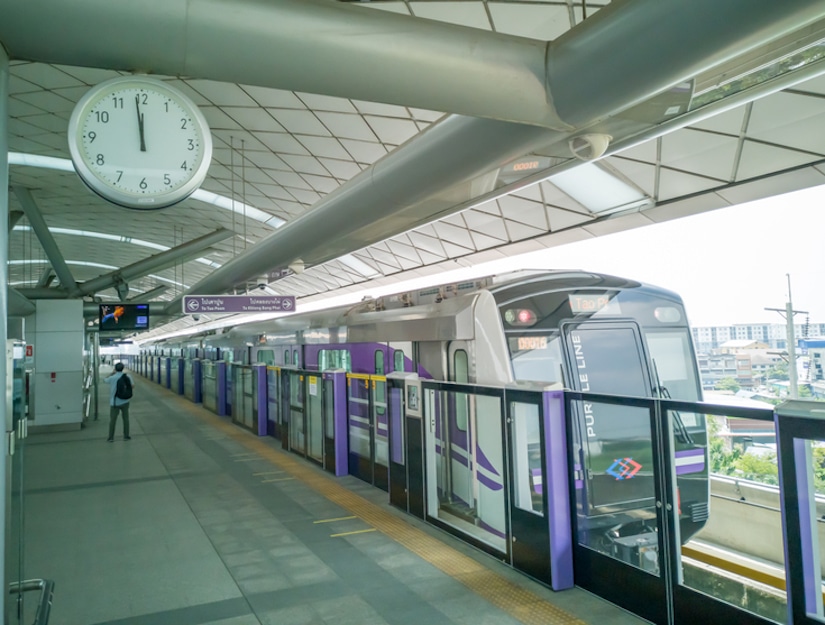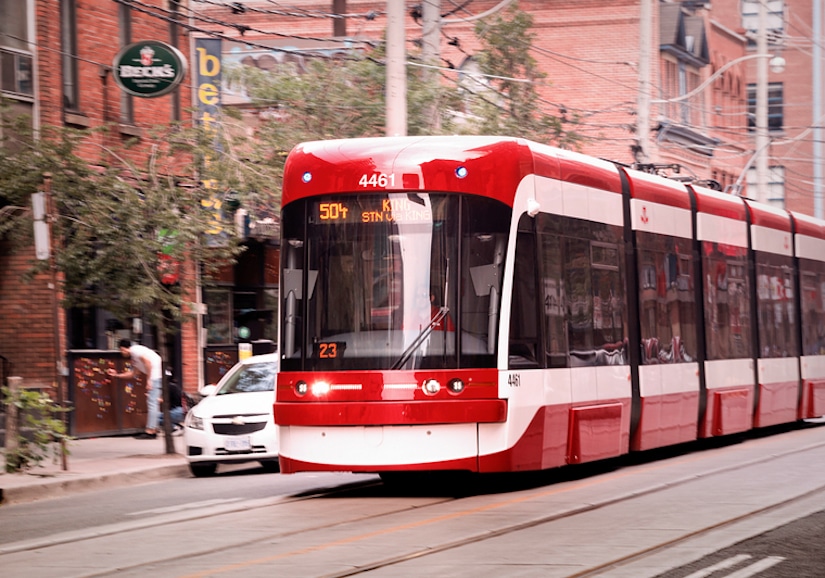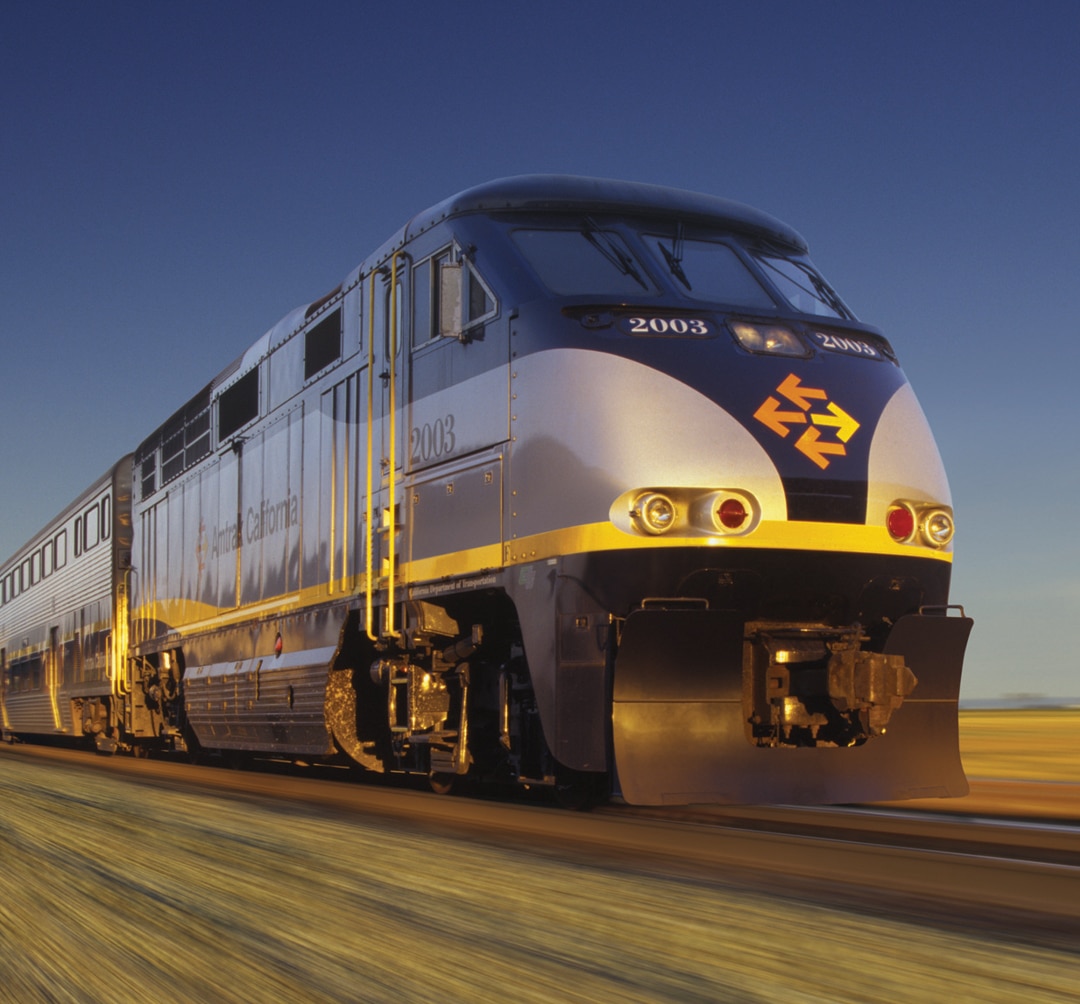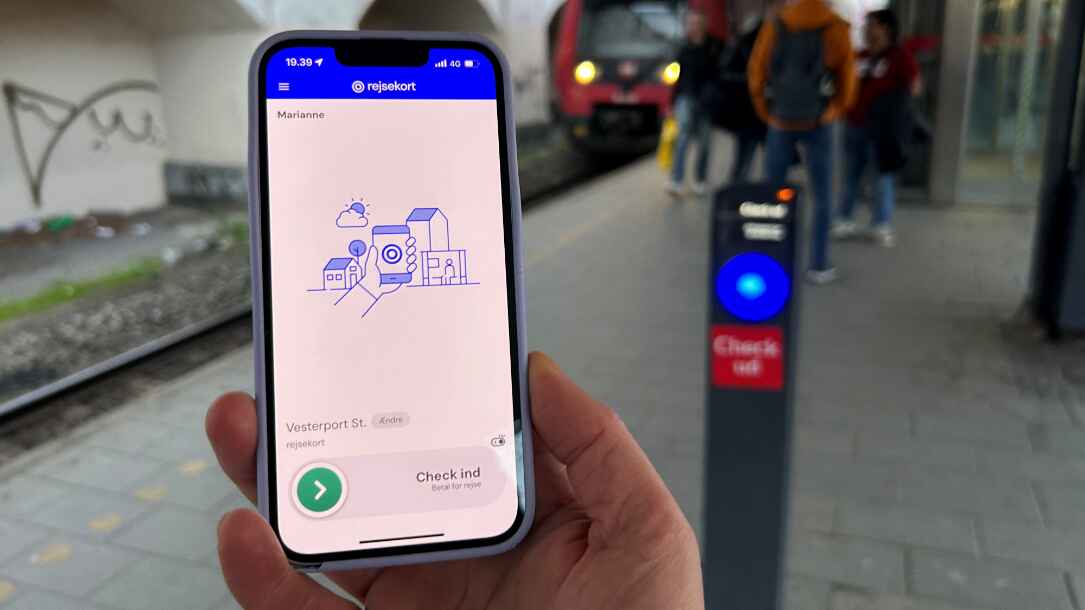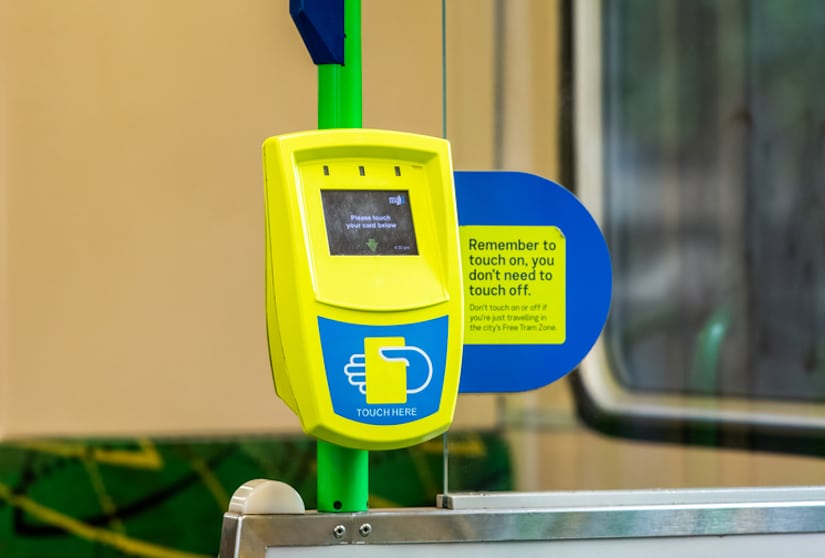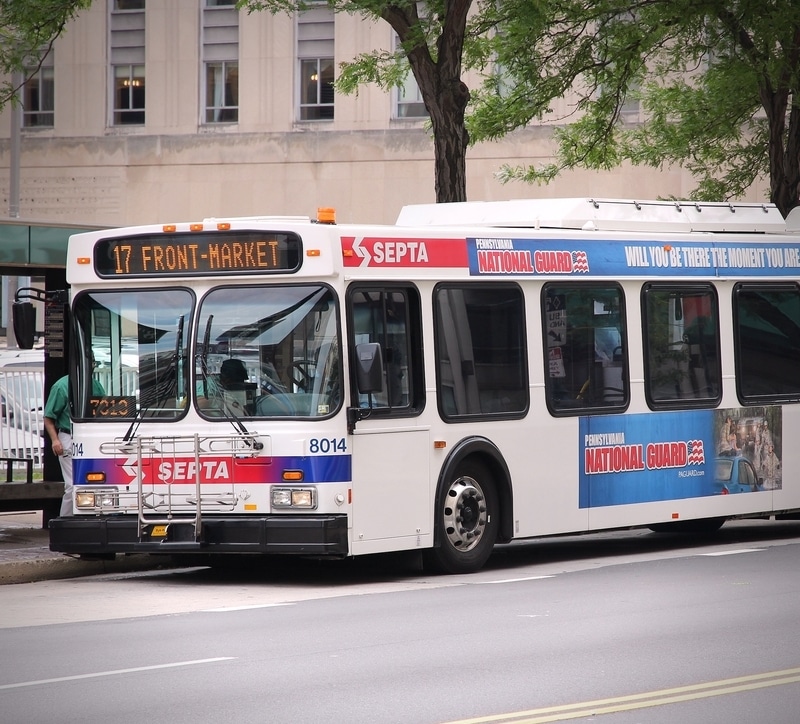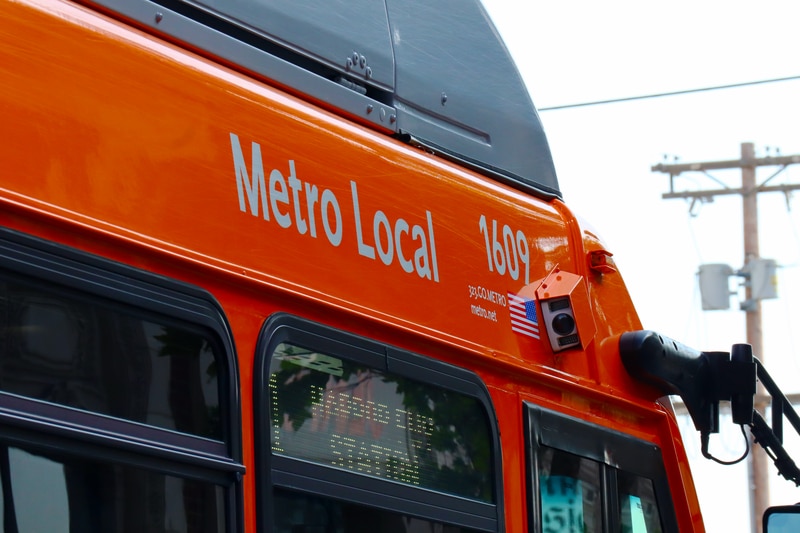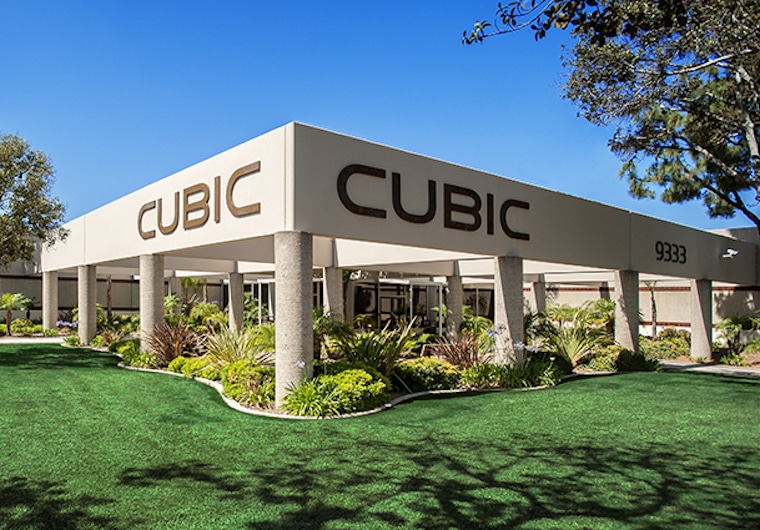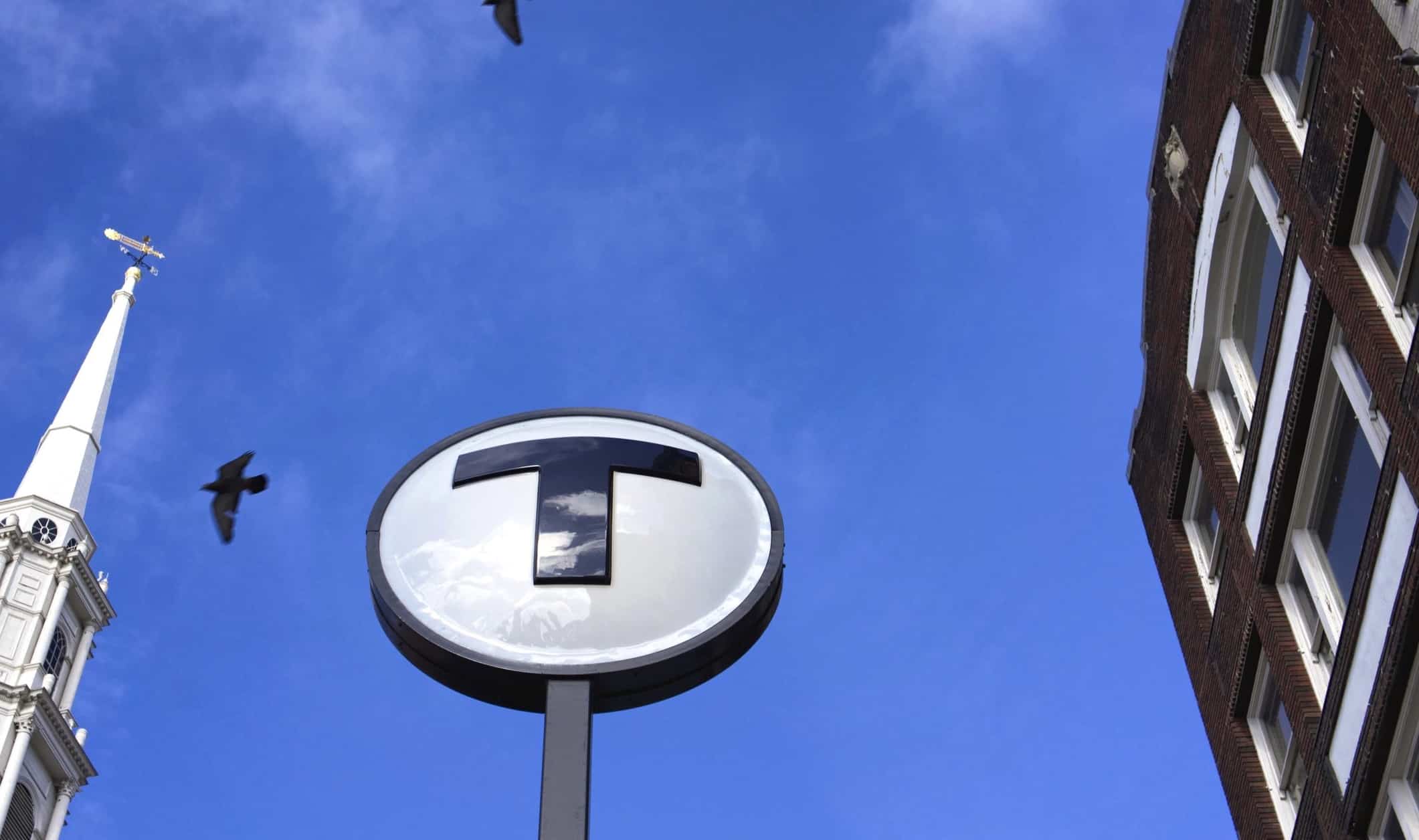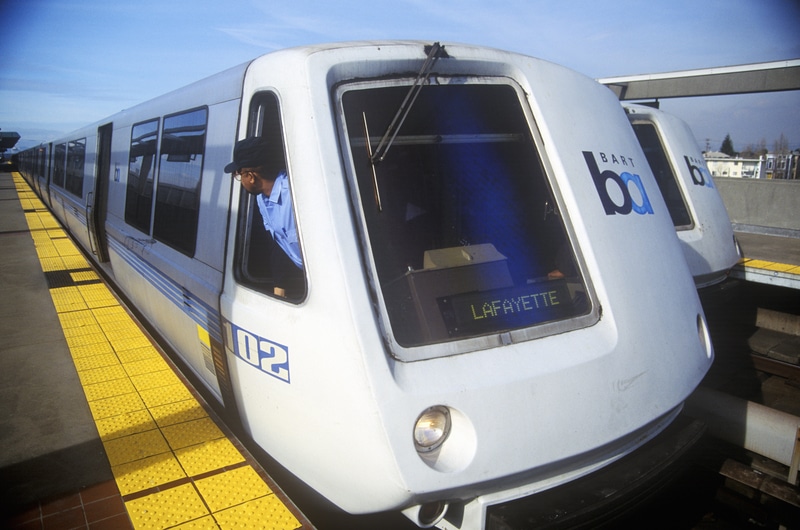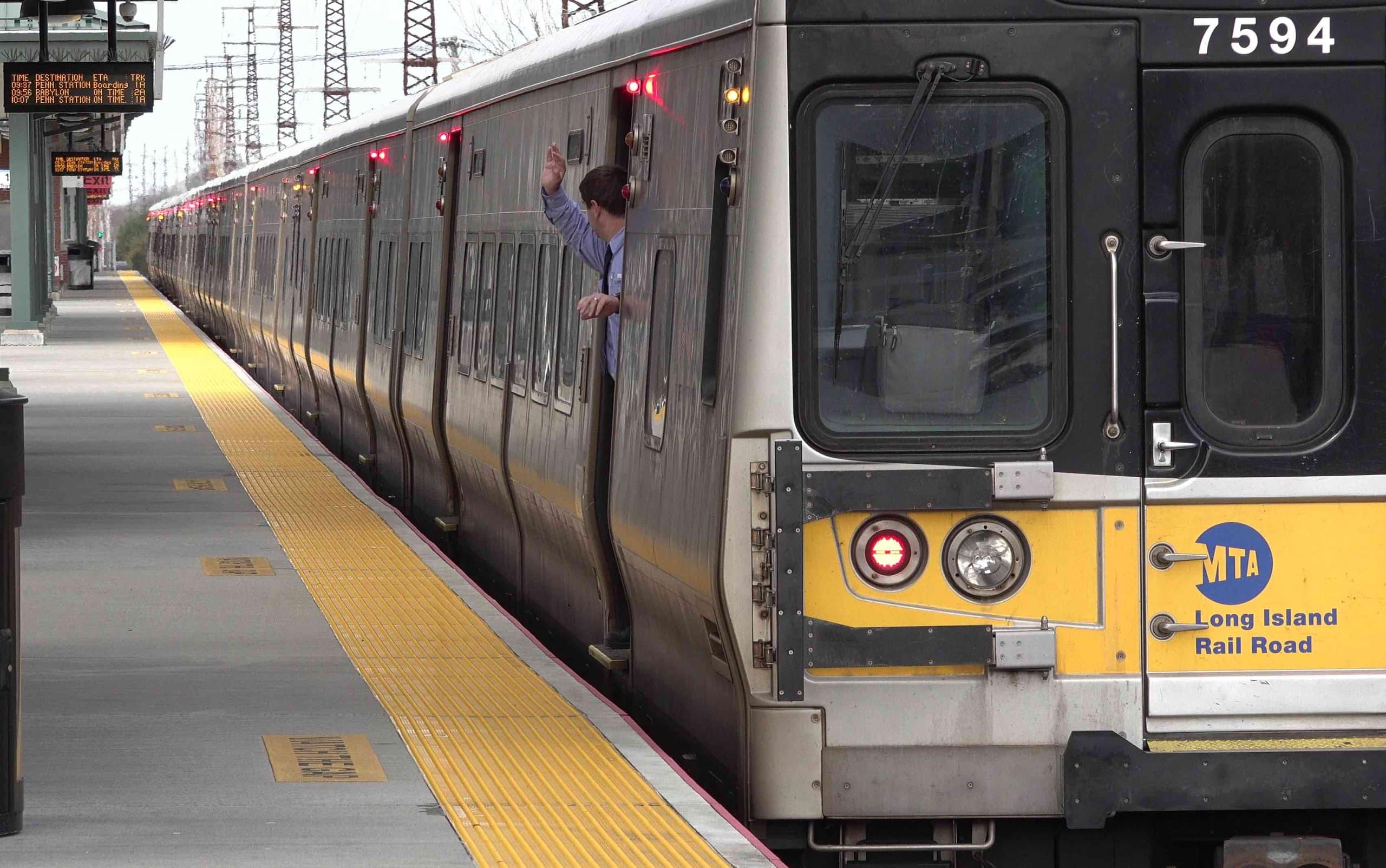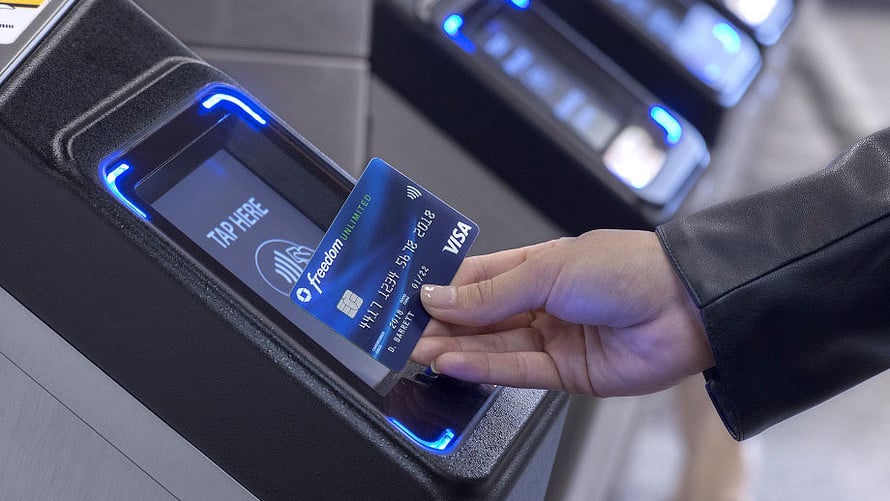
Article Highlights
A wide range of U.S. merchants pay the same fixed debit card fees based on interchange, including supermarkets, gasoline stations, restaurants and hotels. But transit agencies accepting open-loop payments appear to be among the hardest hit by these fees because of the low value of most of their transactions.
Like other merchants, transit agencies in Europe pay only .2%, or 20 basis points, on debit transactions; and .3%, 30 basis points, for credit. That means the debit interchange rate in Europe is still 10 times lower than Visa’s new, lower debit interchange rate for fare transactions of $5 or less.
• Visa
• Transport for London
• CMSPI
• Merchants Payments Coalition
A wide range of U.S. merchants pay the same fixed debit card fees based on interchange, including supermarkets, gasoline stations, restaurants and hotels. But transit agencies accepting open-loop payments appear to be are among the hardest hit by these fees because of the low value of most of their transactions.







